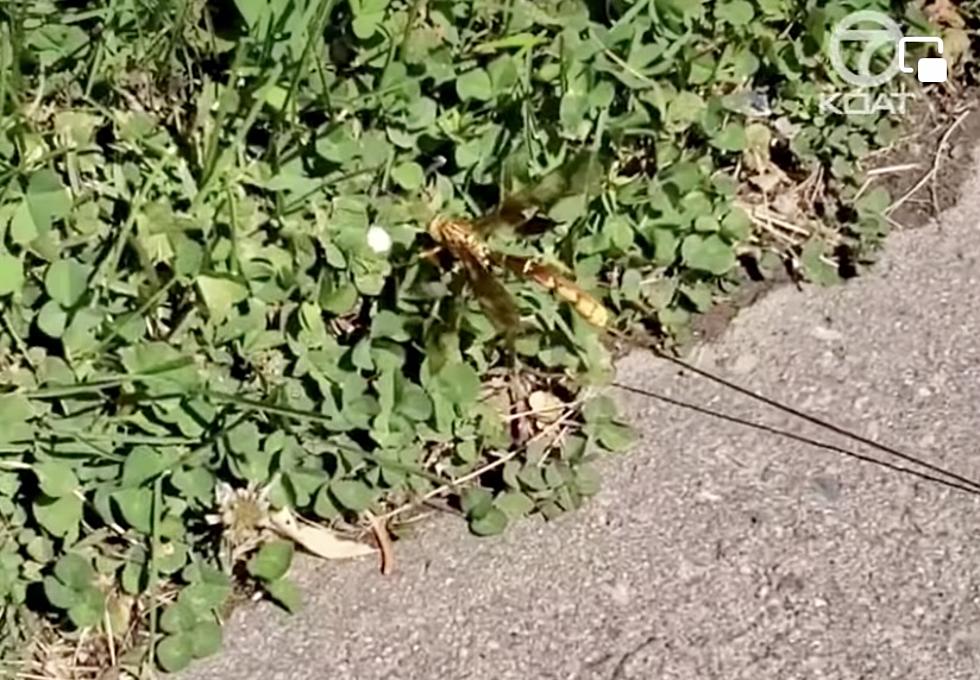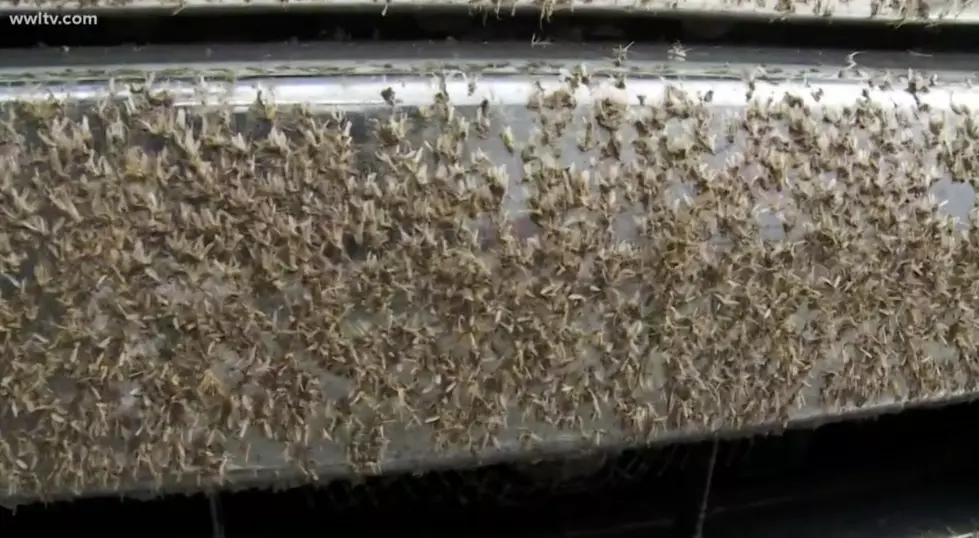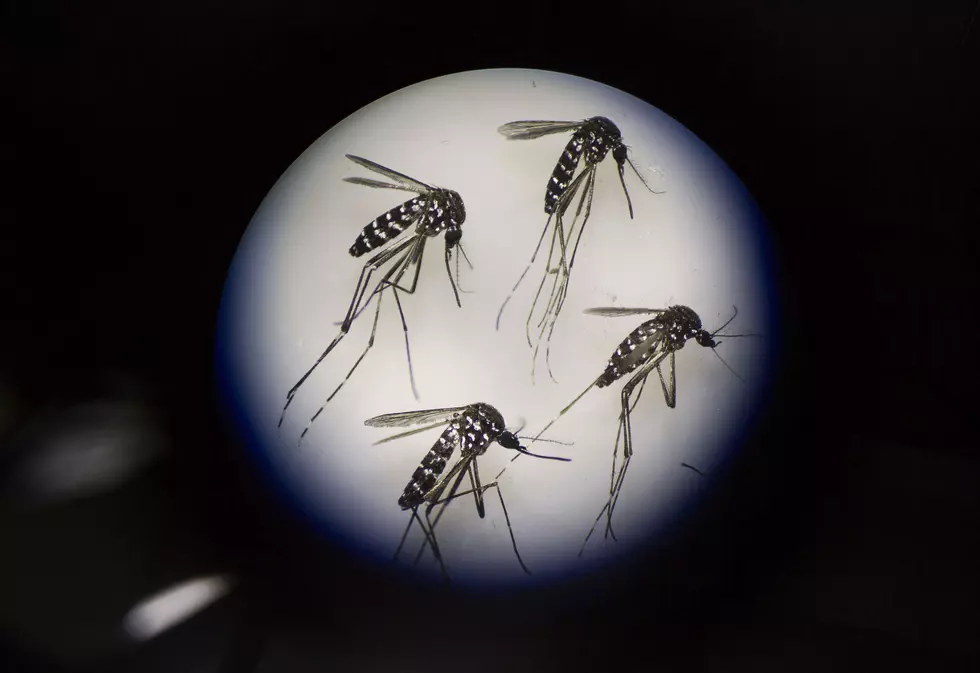
Bugs…Food Of The Future
Dutch student Walinka van Tol inspects the worm protruding from a half-eaten chocolate praline she's holding, steels herself with a shrug, then pops it into her mouth.
"Tasty ... kind of nutty!" the 20-year-old assures her companions clutching an array of creepy crawly pastries at a seminar, which forecast that larvae and locusts will invade Western menus as the price of steak and chops skyrocket.
Van Tol and about 200 other tasters were guinea pigs for a group of Dutch scientists doing groundbreaking research into insects replacing animal meat as a healthier, more environmentally friendly source of protein.
"There will come a day when a Big Mac costs 120 euros ($163) and a Bug Mac 12 euros, when more people will eat insects than other meat," head researcher Arnold van Huis told a disbelieving audience at Wageningen University in the central Netherlands.
"The best way to start is to try it once," the entomologist insisted.
At break time, there is a sprint for the snack tables with a spread of Thai marinated grasshopper spring rolls, buffalo worm chocolate gnache, and a seemingly innocent pastry "just like a quiche lorraine, but with meal worms instead of bacon or ham", according to chef Henk van Gurp.
The snacks disappear quickly to the delight of the chef and organisers. But the university's head of entomology Marcel Dicke knows that changing Westerners' mindset will take more than disguising a worm in chocolate.
"The problem is here," he tells AFP, pointing at his head while examining an exhibition featuring a handful of the world's more than 1,200 edible insect species including worms, gnats, wasps, termites and beetles.
Three species: meal worms, buffalo worms and grasshoppers, are cultivated by three farmers in the Netherlands for a small but growing group of adventurous foodies.
"People think it is something dirty. It generates a Fear Factor response," citing the reality series that tests competitors' toughness by feeding them live insects.
Dicke said Westerners had no choice but to shed their bug bias, with the UN's Food and Agriculture Organisation predicting there will be nine billion people on the planet by 2050 and agricultural land already under pressure.
"We have to eat less meat or find an alternative," said Dicke, who claims to sit down to a family meal of insects on a regular basis.
More From Classic Rock 105.1




![Billions, Yes Billions of Cicadas are About to Invade the U.S. [Video]](http://townsquare.media/site/33/files/2021/01/GettyImages-74544574.jpg?w=980&q=75)


![Viral Video Of Two Beetles Fighting Looks Like A Human MMA Fight [Video]](http://townsquare.media/site/35/files/2018/06/beetle.jpg?w=980&q=75)

